
Culture
11:52, 25-Mar-2018
College education still a dream for most orphans in China
By Hu Chao
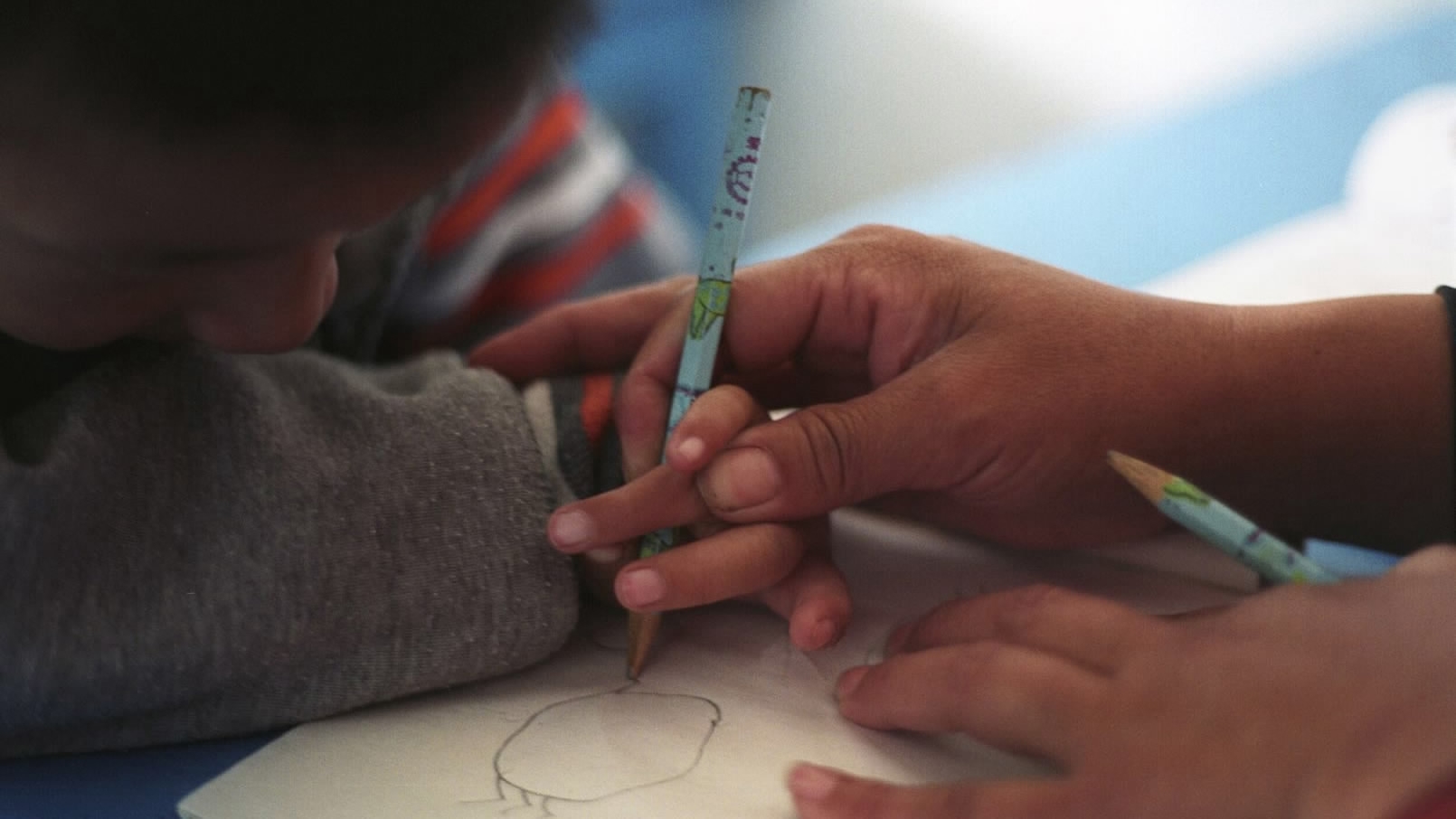
More than 100 orphans from the Taiyuan Social and Children Welfare Institute visited a local college in the capital city of north China’s Shanxi Province on Thursday. It will be the first time that many of them have ever seen what a college campus looks like and unfortunately the chances that any of them will have the opportunity to attend a college like this in the future, are very small.
According to the Ministry of Civil Affairs, China now has around 460,000 orphans and 465 orphanages. Most of the orphans have birth defects and were abandoned by their biological parents.
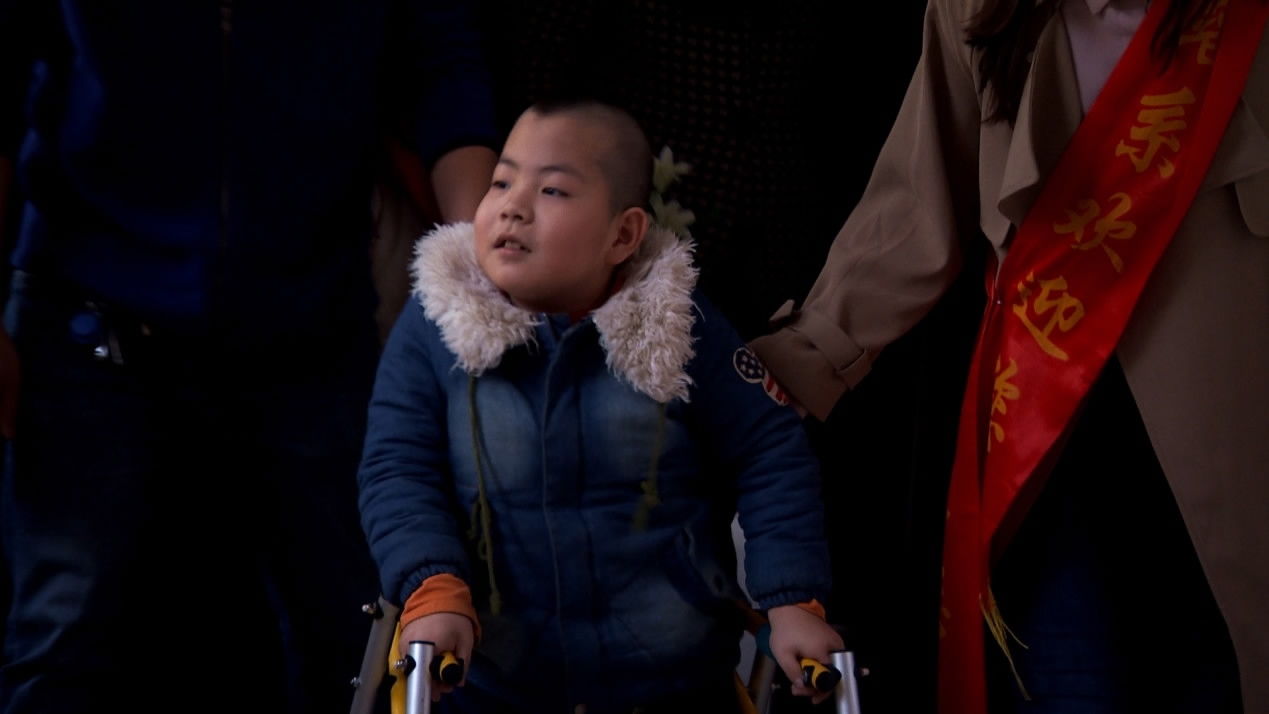
A child from the local orphanage in Taiyuan visits the classrooms in a college. /CGTN Photo
A child from the local orphanage in Taiyuan visits the classrooms in a college. /CGTN Photo
Around 80 percent of these orphans have been living with foster families, who help to raise them and receive subsidies from local orphanages, while the rest are living in orphanages.
Whilst visiting the Taiyuan Normal University, the children were accompanied by either their foster parents or their teachers from the orphanage.
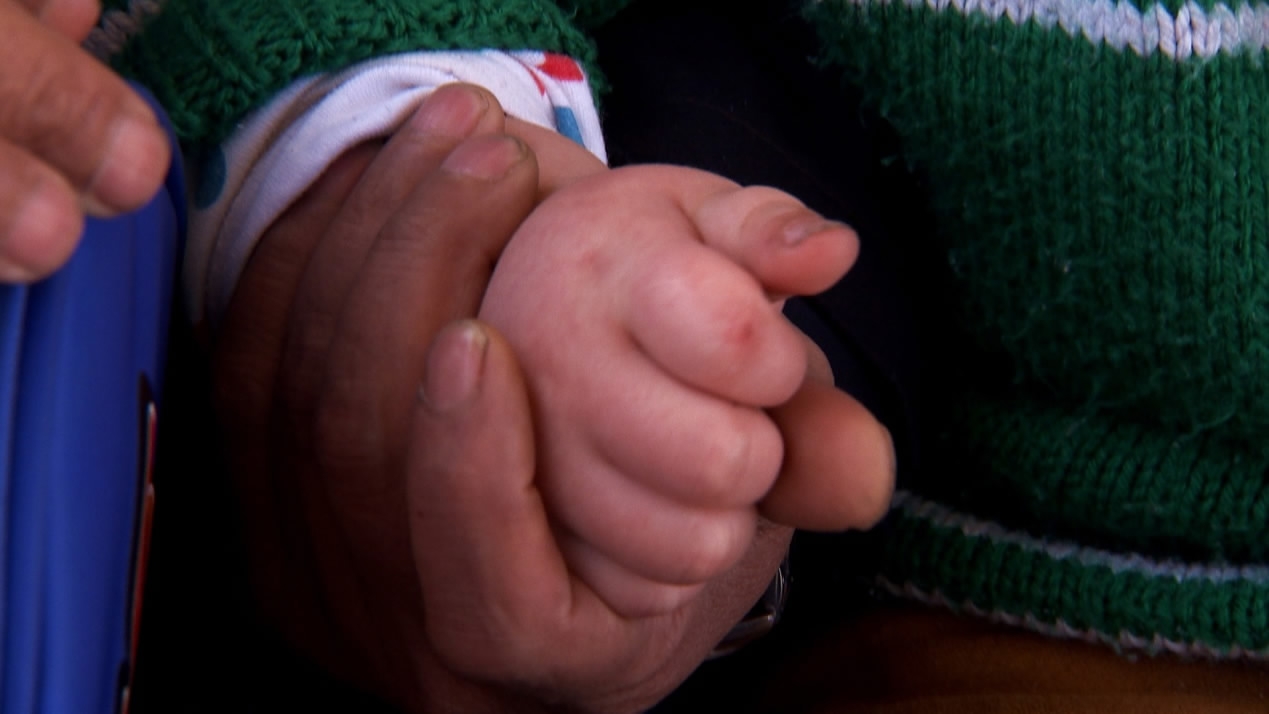
A foster parent holds the hand of his foster child while touring the college campus. /CGTN Photo
A foster parent holds the hand of his foster child while touring the college campus. /CGTN Photo
Many of the children also rely on wheel chairs or crutches.
Students at the university prepared a musical play for the children, which they spent half a year preparing. The play was performed with passion and energy, receiving a large applause from the audience.
Zhao Lin, dean of the Dance Department in Taiyuan Normal University, said her students had previously visited the local orphanage and had developed quite a bond with the children. "My students want to express their love and compassion for the children through their performance today," said Zhao.
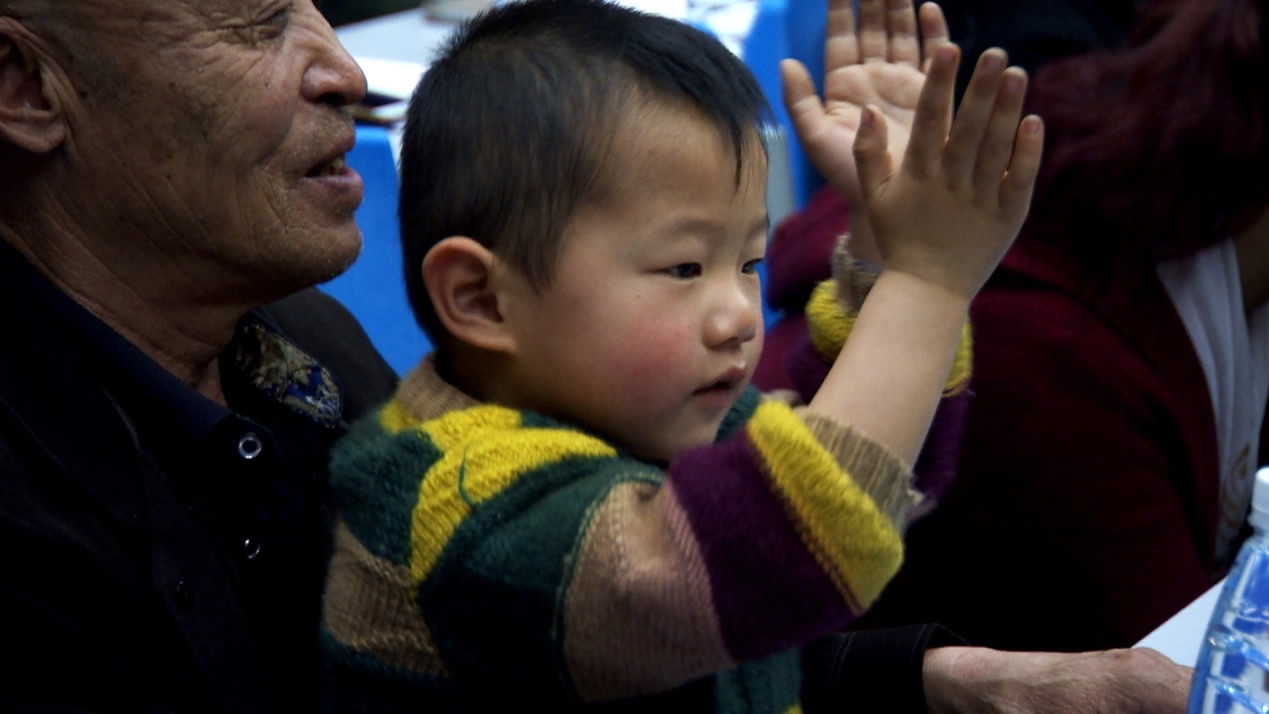
A child claps whilst watching the play, with his foster parent. /CGTN Photo
A child claps whilst watching the play, with his foster parent. /CGTN Photo
This visit to the college campus is just one of many trips organised by the orphanage, which are designed to promote physical and mental well-being.
Due to their disabilities, most orphans are unable to attend regular schools, so to deal with this problem, some orphanages have set up their own schools to specifically cater to the needs of these children.
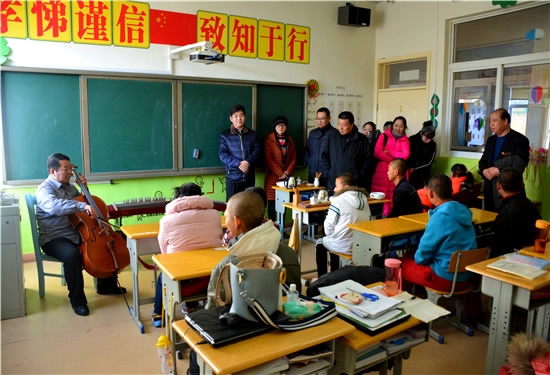
Children in the Taiyuan orphanage, during a class at the special education school. /CGTN Photo
Children in the Taiyuan orphanage, during a class at the special education school. /CGTN Photo
The Taiyuan Social and Children Welfare Institute was founded in 1953, but has so far only seen around ten orphans attend college. In 2017, they established a special education school, aiming to provide kids with better education on culture and vocational subjects .

This musical play was especially created for children. /CGTN Photo
This musical play was especially created for children. /CGTN Photo
Zhou Shuqin, deputy director of the Taiyuan Social and Children Welfare Institute, told CGTN: "It's quite difficult for the orphanage to cultivate a college graduate, because our kids often suffer poor health and lack basic education. The orphanage and the foster parents have to make extraordinary efforts to help a kid get admitted to a college."
Zhou also pointed out that vocational education is more practical for most disabled orphans. "For the majority of our kids, their chances of going to college are very small under present resources. So we focus more on their vocational education, which will help them to make a living on their own instead of becoming a burden to society in the future," she noted.
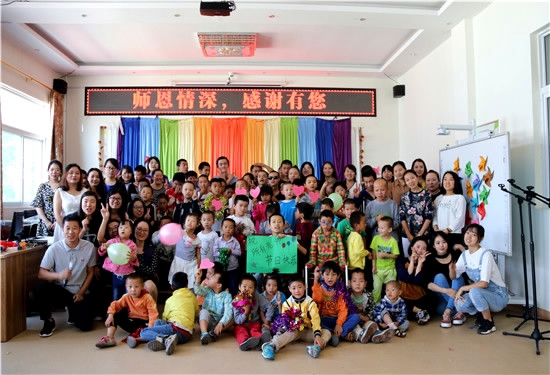
Many teachers come to work in the special education school set up by the Taiyuan orphanage. /CGTN Photo
Many teachers come to work in the special education school set up by the Taiyuan orphanage. /CGTN Photo
Zhou says that they are starting to see more of their kids go to college, with one of them even admitted to a graduate school. She claims it's all thanks to the orphanages, foster parents and the local government, who have all been working hard to make more dreams come true.

SITEMAP
Copyright © 2018 CGTN. Beijing ICP prepared NO.16065310-3
Copyright © 2018 CGTN. Beijing ICP prepared NO.16065310-3